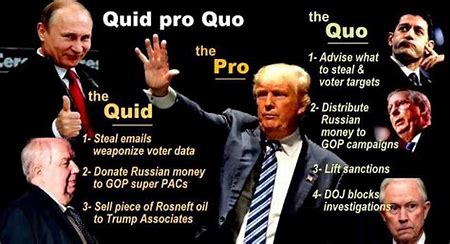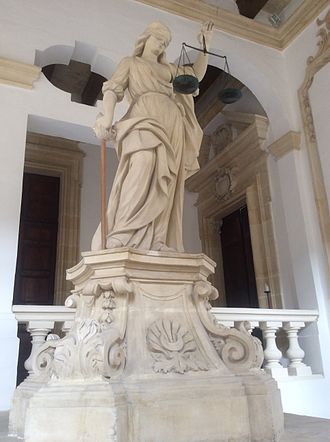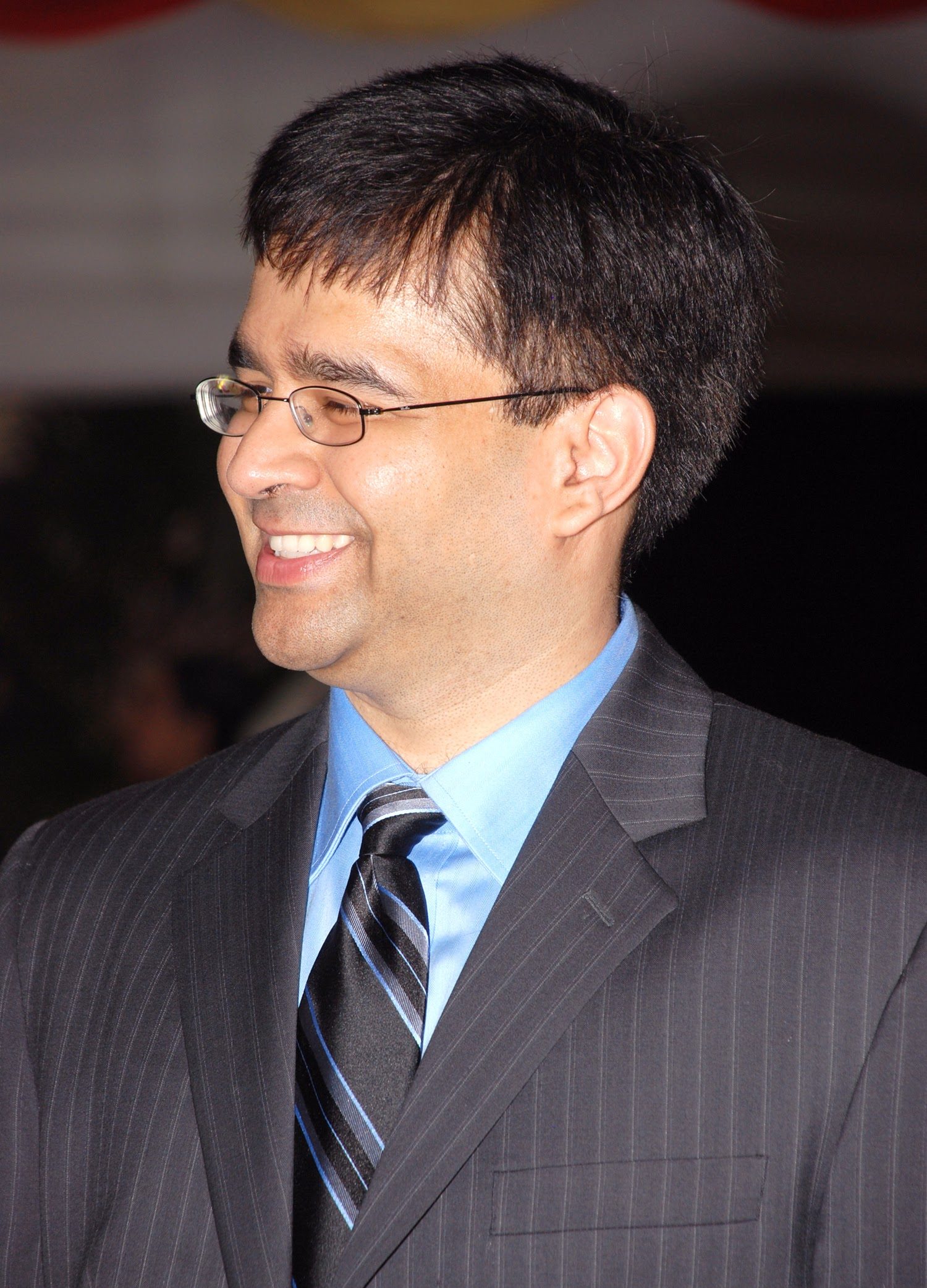
Quid Pro quo is a favour or advantage granted in return for something. Given above is a funny representation of the term.
My father retired from the police department as DCP. His last posting was in Bombay, and he moved to Pune to live his retired life. One day he told me that his boss, the senior-most person in Bombay police, joined a large private company as the security chief, post-retirement. But my father did not join that organisation because he felt that they would not give the same respect as was given to him as a DCP.
He had a valid point. I am sure money must have been good, but in my father’s case money was the last thing on his mind. I see this type of dilemma faced by many people. What is right and wrong? Does it depend on individual circumstances, or are there any set rules? I feel that there cannot be any rules, but there could be precedents.
State Bank of India had a revenue of 2.8 trillion Indian Rupees for the year 2019. Arundhati Bhattacharya was Chairperson of SBI when she retired a couple of years back. Yesterday, I read in the newspapers that she has joined Salesforce.com as their CEO for India operations. Salesforce.com’s global revenue for 2019 was US $ 19/ billion. Their India operations to my knowledge are quite small. What would the lady who ran a colossal empire contribute to her new job? I am sure the money must be good for luring her to join. But I don’t think there is anything morally wrong in taking this step. But workwise, after SBI it would not be as challenging. I am sure that she is a great professional; she also must be in good health. She will value add to her new organisation. But I felt that the change is like running a global airline and then joining a chain which had shops on different international airports. But nobody can blame her of Quid Pro Quo!
Retired Supreme Court Chief Justice Ranjan Gogoi was yesterday made an honorary member of Rajya Sabha (the upper house of our parliament). He took the oath today among the boos! There have been editorials, Facebook comments and a lot of discussion in general that he did not do the right thing. I was also in a dilemma initially, and I did not think that it was the right thing to do, initially. But on rethinking, I am neither sure this way or that way. The Supreme Court Chief Justice is the most influential foundation of one of the pillars of democracy.

One of my contemporaries became Bombay high court judge. Once when I met him, he said that there were many rules about their social engagements. They could not socially mix with hoi polloi like you and me. They could say hello to senior government servants if they bumped into each other in a club (Only specific clubs please). They could sit in a club with their family and not others. What did one do if the judge’s family was an influential political and business family? What is honest opinion? No two human beings have the same opinion on each subject. So if your decision is not to my liking then you are not honest, you are sold! How does one know if the judge has given an honest opinion on a subject? In some judgements, three judges from a bench give a view and other two give opposite view. Then are three honest or two?
To my knowledge, there is a complicated procedure to select high court and supreme court judges. I am sure committees do the vetting of chosen people. But these judges come from our society. They all had childhood friends, and they could have their ex’s. Judges are expected to be impartial and follow the rule of law “blindly” with justice. That is why they are called judges. When the judges find that in a case which they are handling, they were in touch in life with some persons, judges recuse themselves to remain and show that they are impartial. But as normal human beings, they have a tremendous pressure on them to be just, all the time!
The Rajya Sabha nomination in the current scenario is an honorary selection based on that person’s achievements in life in different fields. Sachin Tendulkar and Rekha were two recent examples of such nominations. I get a feeling that Ranjan Gogoi will be able to make more value addition compared to these two people. Many legal matters come up for discussions in the parliament. There are many ancient laws which the Government is trying to remove as they are irrelevant to today’s times. Indian Telegraph Act used today came into force in 1885. The telephony has changed so much that even Graham Bell will have difficulty in understanding what is happening today. I felt that Ranjan Gogoi would be a great asset to the parliament on legal matters. Why should his expertise not be used? What is the significance of not having judges in the parliament? Were the Government and the Chief Justice in Quid Pro Quo arrangement as alleged? What is Government? It is you and me. It is run by representatives elected by society. Was there any personal gain to the Government because of decisions supported by Gogoi? I don’t think so. Just because there is no precedent, the matter cannot be morally challenged. We have top police officers and armed forces officers joining politics after retirement, and they have become MP’s and ministers. Nobody talked of any Quid Pro Quo arrangement in these cases.
But I have seen some arrangements in Government and industry. I will share one example from the industry. Many years back, an organisation was legitimately trying to become a vendor to a large company. I will not go into details. But after the organisation got the entry, the real action took place. A few officers from the large company were on the verge of retirement. They had helped the entry of the vendor. These people could otherwise have quickly joined this company as they were competent professionals. But the sequence of events was such that it smelt of Quid Pro Quo arrangements. Is it morally correct? As professionals, they had many options. But their joining the vendor does not show the right attitude.
There could be a specific cooling-off period. When Jaya took voluntary retirement as additional director from a Government research organisation, she took two years of cooling-off teaching job before she joined the industry. I could understand this because her last project was with a nuclear power plant. Similarly, for other organisations or posts, the cooling-off period makes sense. But is it the right thing to not allow experts to use their knowledge? In the case of the Chief Justice, the money involved is not in crores as a member of parliament. When people say that he should not be made MP, they imply that he has breached the trust by the quid pro quo arrangement. What is the trust that he has breached? All senior officials are expected to be neutral and faithful to their organisations and jobs. If all others can do various things after retirement, why stop the Supreme Court Chief Justice?
I felt that Gogoi story is more of politics; suddenly people start riding a high horse! Polticians may get their browny points and Liberals will get a subject for discussion for next few months, over a glass of Chivas Regal. Government is already allowing lateral entry of professionals from various fields in government. So what is so special about Gogoi case? The jury is still out, pun, of course, is intended!

